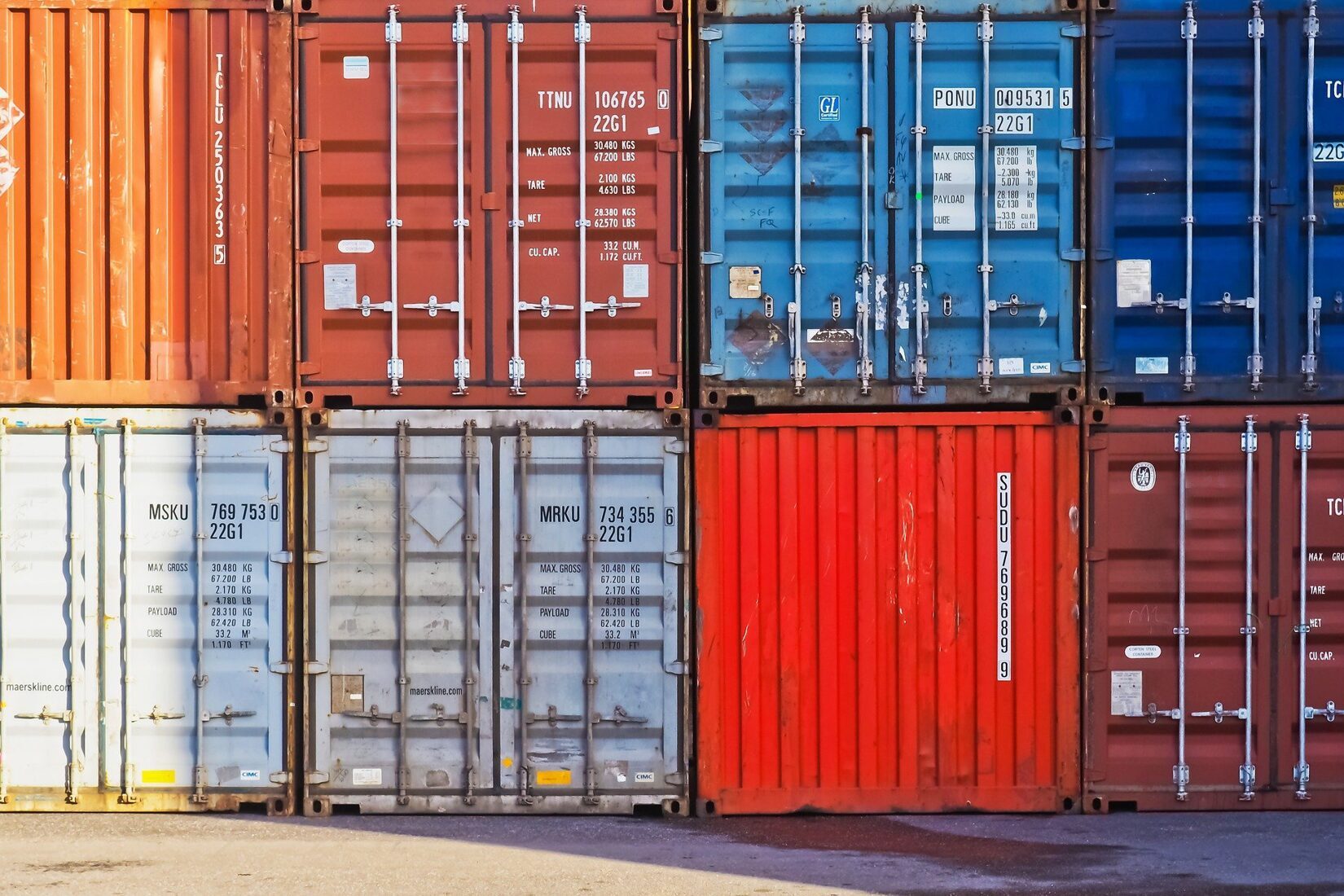Why SMEs need the free trade agreement with Indonesia


Switzerland must network broadly to maintain a strong position in the international trade. The free trade agreement with Indonesia gives Swiss companies access to an important market. The agreement contains innovative sustainability requirements and environmental protection provisions. This also applies to palm oil: only a limited and sustainably produced quantity can benefit from reduced customs costs.
New prospects for the Swiss export industry
The dismantling of existing trade barriers opens the door for Swiss companies to a new sales market with 267 million customers. The elimination of customs duties on important Swiss export goods, will save local export companies up to 25 million francs a year. This opens new perspectives and secures an important competitive advantage over the EU and the USA, which do not yet have such an agreement.
Opportunity for SMEs
The vast majority of Swiss export companies are small and medium-sized entreprises (SMEs). The free trade agreement offers them a unique opportunity because, in contrast to large corporations, they often do not have sufficient financial resources to be present in relevant sales markets. The agreement removes these hurdles and thus creates important legal and planning security.
Not only the
chemical-pharmaceutical and MEM-industries, but also smaller sectors such as
the MedTech- and textile industries are heavily involved in cross-border
production networks and benefit from free trade agreements.
A Win for both sides
Free trade is a two-way street: With their involvement, Swiss companies create new jobs and infrastructure, which in turn benefits the local population. In addition, the transfer of knowledge is beneficial for both parties.
That is why we need a YES to stable relations with foreign trading partners and thus a YES to the free trade agreement with Indonesia.
CEO of the SME and Trade Association of the Canton of Zurich.

